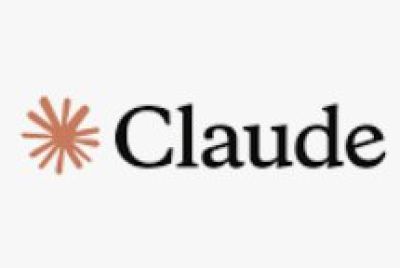The Overnight Report: Confidence Boost
By Greg Peel
The Dow closed up 32 points or 0.3% while the S&P rose 0.2% to 1195 and the Nasdaq lost 0.5%.
Wall Street held its breath last Friday to see whether the US consumer would stay hunkered down this Christmas or come out to play. Black Friday sales proved ultimately very pleasing, and with last night's Conference Board consumer confidence survey one can probably see why. The November reading jumped 15 points to 56.0.
While a reading of 56 is still a vast distance away from readings around the 90 mark which signify a truly "confident" consumer, and such a level was last seen in July before everything went pear-shaped, the 15 point jump is the biggest monthly move since 2003. What on earth is putting a smile on the American consumer's face?
It's not as if the world is suddenly looking rosy again. Europe is still at the stage where it has a plan to formulate a plan which may not be amenable to all eurozone members and may yet take months to achieve. And there remains no guarantee at this point that the eurozone will survive in its current, or any, form. It is also now a given that Europe will fall into recession. Is this just a Little Orphan Annie response? Are Americans just sick of the gloom, and want to feel a bit of good old-fashioned Christmas spirit again?
House prices are certainly nothing to feel confident about. The Case-Shiller 20-city house price index fell 0.6% in September to a year-on-year fall of 3.6%. The FHFA house price index, measuring prices of houses with Fannie/Freddie mortgages, rose 0.9% but annually is now at 2004 levels.
Over in Italy last night the government received strong demand for an auction of three-year bonds. As well it might ? at 7.9% the yield is an Italian record in the euro era. Bonds were also auctioned for maturities in 2020 and 2022 and they also saw yields over 7%.
As we speak, eurozone finance ministers are meeting in Brussels ahead of tonight's meeting of all EU finance ministers. On the table will be the latest suggestions of a move toward closer fiscal union, and there is also now talk the earlier ambitious plan to leverage up the EFSF will be scaled back somewhat. In the meantime, the ECB has announced that it has not been able to "sterilise" quite all of the Italian and Spanish bonds it has been buying.
Sterilisation occurs when the central bank buys bonds on the one hand and then issues loans on the other, thus maintaining a consistent balance sheet size. Non-sterilisation expands money supply, which is really what QE is all about. The Fed has not been sterilising, it has simply allowed its balance sheet to expand. As has the UK and others. What the world wants to see is some serious non-sterilisation from the ECB to fix the overall European problem.
But it won't happen before there's a closer fiscal union, given Germany is calling the shots.




















